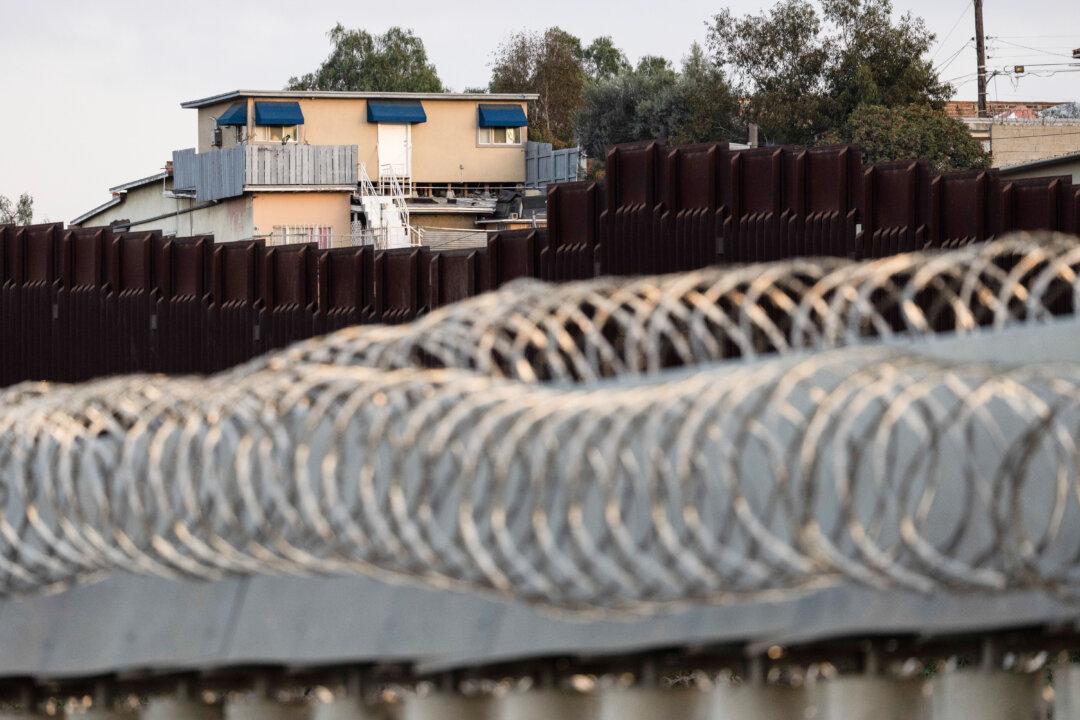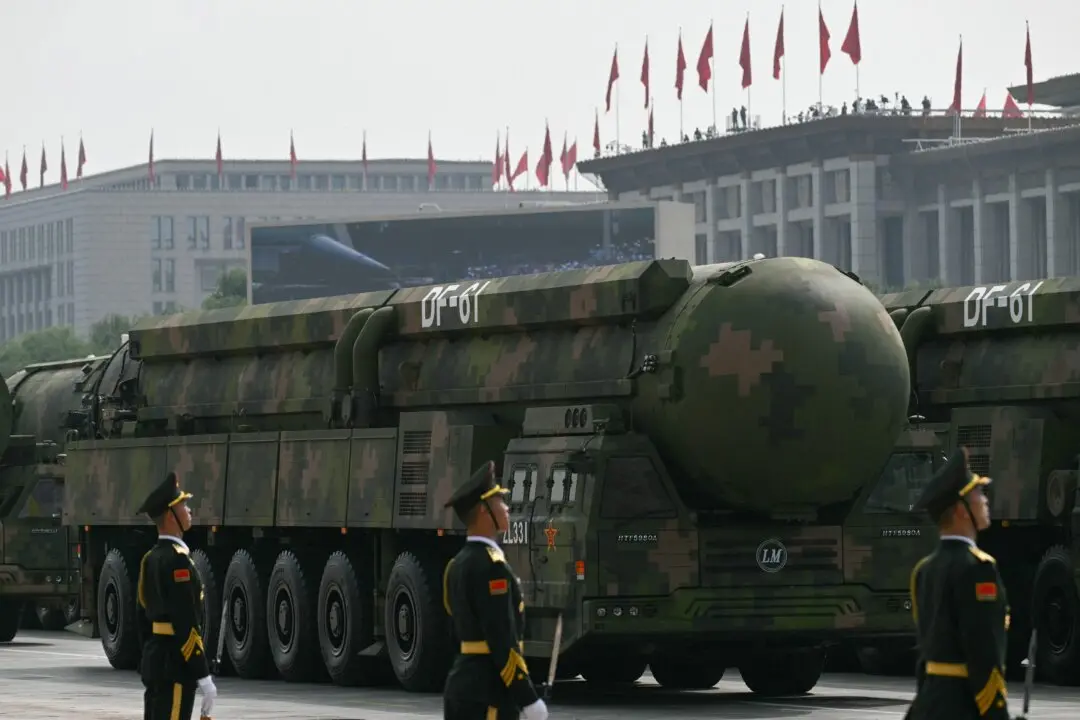Troops have already begun to move following Mexican President Claudia Sheinbaum’s Feb. 3 announcement that her country will deploy about 10,000 National Guard troops to Mexico’s shared border with the United States, to help stem cross-border smuggling and narcotics-trafficking operations.
By the morning of Feb. 4, Mexico’s Secretariat of National Defense (SEDENA) had shared a video on social media of Mexican troops and military vehicles gathering at a staging area. A couple of hours later, SEDENA shared further footage of a military convoy—including Humvees, light-armored pickup trucks, and larger troop transport trucks—rolling out from the rallying point.





